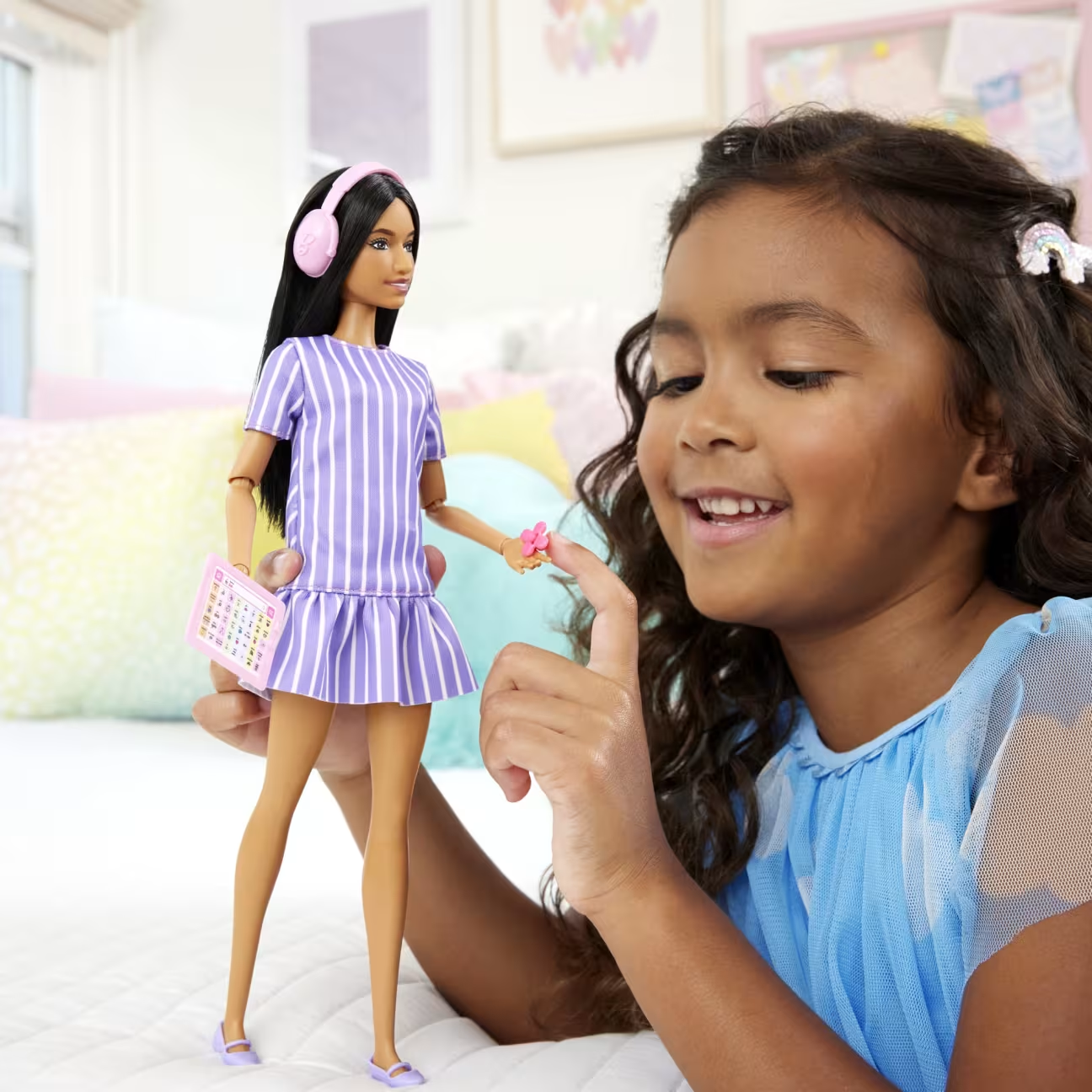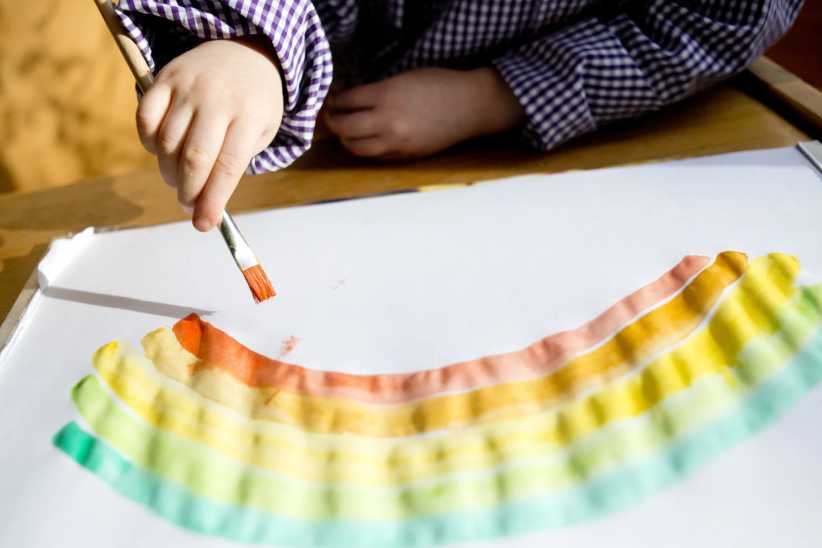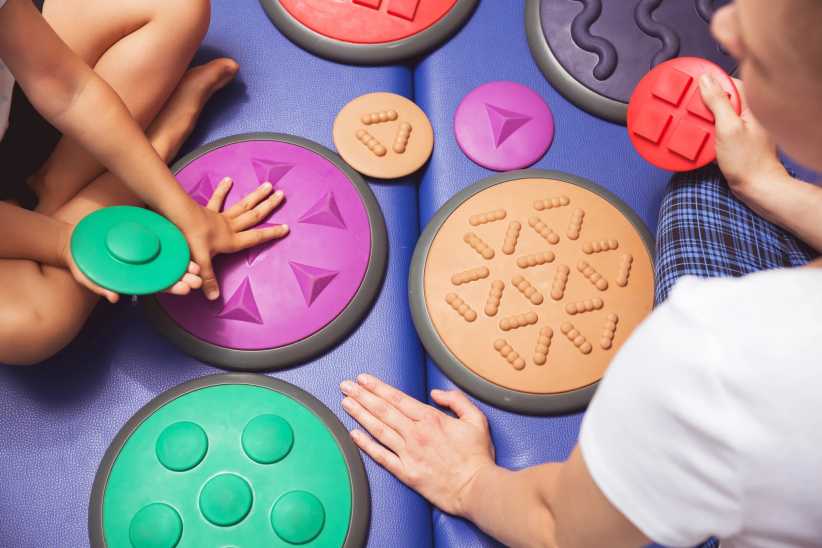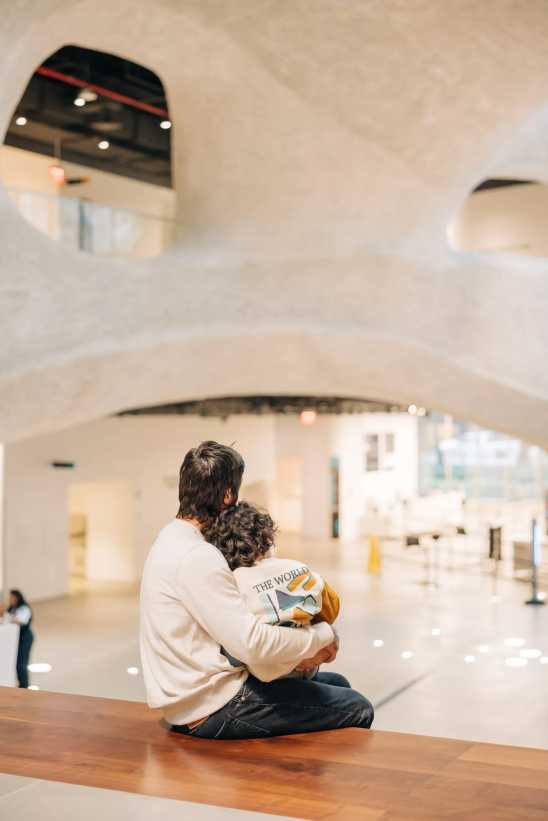My husband Steve and I both have cerebral palsy. Steve walks with canes, and uses a motorized scooter outside the house, whereas my speech is most affected by the CP. We joke that I am the “Legs of the House” and he is “Speaker of the House.” When we decided to get married nearly nine years ago, we knew that we would each be fulfilling a dream of having our own family. It seems as if every challenge that I’ve faced has somehow prepared me for the ultimate challenge of being a parent.
Ellie Brianna is now six. She is the minority of the household, as she is the only member of our family who does not have a disability. She seems to have been born with extra patience and a good sense of humor. As a baby, she howled at the injustice of the world when it was bedtime, but she was always patient as it took us longer to put on her onesie. She learned to climb into (and when she wanted to, out of) her crib when she was about one year old and became too heavy for either of us to lift. Steve and I watch her in awe as she runs and climbs with the grace of a cat. We are so proud of how loving and lovely she is.
We feel lucky to live in New York City, where you can find all types of families. Our daily lives are incredibly ordinary. I’m a full-time mom—my day is filled with laundry, play dates and school functions. Every now and again, though, we do face challenges specific to our disabilities. The first time Ellie went “out on the town” alone with her dad, we all wondered if she could be trusted to stay with him. Whereas most parents can chase down a child who has run off, this is challenging for Steve because he relies on his scooter to get around. Once Ellie became old enough to understand that she had to stay with us, our outings became far more relaxed. And if you ever spot a dark-haired guy with glasses rolling down the street on a scooter with an adorable girl perched in front like a figurehead of a ship, know that that is my family.
Today, as a sweet but stubborn first grader, Ellie argues with me incessantly, she rolls her eyes until I swear they’ll fall out of her head, but she has never poked fun at either my poor speech or her dad’s unsteady gait. I never want her to feel like I am a burden, but she seems to instinctively help me with things that she knows are hard for me and easy for her. Ellie seems to accept disability as a difference just like hair color or eye color.
I once overheard one of her classmates ask her why her mom talks so funny. “I don’t know, I guess she’s just a funny lady,” Ellie said. I hope she holds on to this sense of acceptance.
Parents raising a child with a disability face an enormous challenge. Let your child know that in addition to the challenges that their disability throws at them, they have tremendous strengths. Help them to discover those strengths. Allow them to challenge themselves and participate in activities where they may not excel at first. This will teach them self-confidence. Introduce your child to positive role models who have disabilities. This will show them just how much they can achieve. Teach them to be as independent as possible; give them chores that they can do. This will teach them a sense of responsibility. Help your child find their own empowering experiences. Help them set goals and remind them that anything is possible.
Photo: Sandy Krulwich with her husband, Steve, and daughter, Ellie.
Photo by Daniel S. Burnstein.













